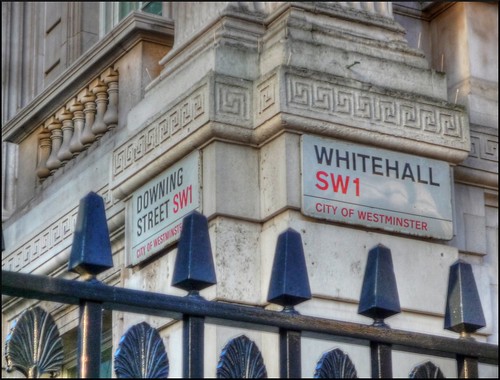These are some of the things I’ve been reading recently:
- Ernest Marples’ Postcode Latitude/Longitude Lookup API – Post codes are really useful, but the powers that be keep them closed unless you have loads of money to pay for them. Which makes it hard to build useful websites (and that makes Ernest sad). So we are setting them free and using them to run PlanningAlerts.com and Jobcentre Pro Plus. We’re doing the same as everyone’s being doing for years, but just being open about it.
- PA ‘public service reporting’ pilot set for launch | Media | guardian.co.uk – “The Press Association is to launch a “public service reporting” pilot project later in the year aimed at replacing the dwindling news coverage given to meetings of public bodies in the local and regional press” hen I started in journalism this was core, not a peripheral part of the job.
- Living with rats – Nobody has heard of Clay Shirky – “Out of around 40 council officers there, four had heard of the Digital Britain report. Three had heard of Charlie Leadbeater, one of the keynote speakers at Monday’s bash. As for Clay Shirky, author of Here Comes Everybody and every aspiring social media guru’s guru, he drew a blank. (There’s a link to one of his talks here, if you’re interested).”
- 100 hours this summer – “Here’s my challenge. Right now, put aside 100 hours over this summer. Do it right now, in your head. Put that time aside. 100 hours. 8 hours a week for the next 12 weeks. One hour a day, or one working day a week. It’s one summer out of your entire life, it’s nothing. Okay, you’ve got that 100 hours? Now for the next two days, go to talks and start conversations with people you don’t know, and choose what to spend your 100 hours on. I guarantee that everyone in this room can produce something or has some special skill, and maybe they’re not even aware of it.”
- The Generation M Manifesto – Umair Haque – HarvardBusiness.org – “You sacrificed the meaningful for the material: you sold out the very things that made us great for trivial gewgaws, trinkets, and gadgets. We’re not for sale: we’re learning to once again do what is meaningful. There’s a tectonic shift rocking the social, political, and economic landscape. The last two points above are what express it most concisely. I hate labels, but I’m going to employ a flawed, imperfect one: Generation “M.” What do the “M”s in Generation M stand for? The first is for a movement. It’s a little bit about age — but mostly about a growing number of people who are acting very differently. They are doing meaningful stuff that matters the most. Those are the second, third, and fourth “M”s.”
- Will Perrin : An open, digital Iraq inquiry: “The inquiry should assume that interesting things will be done with the information they publish off their website by independents.” A really thorough explanation from Will Perrin about how the UK Government Iraq Enquiry could use the web and meta data in important ways.
